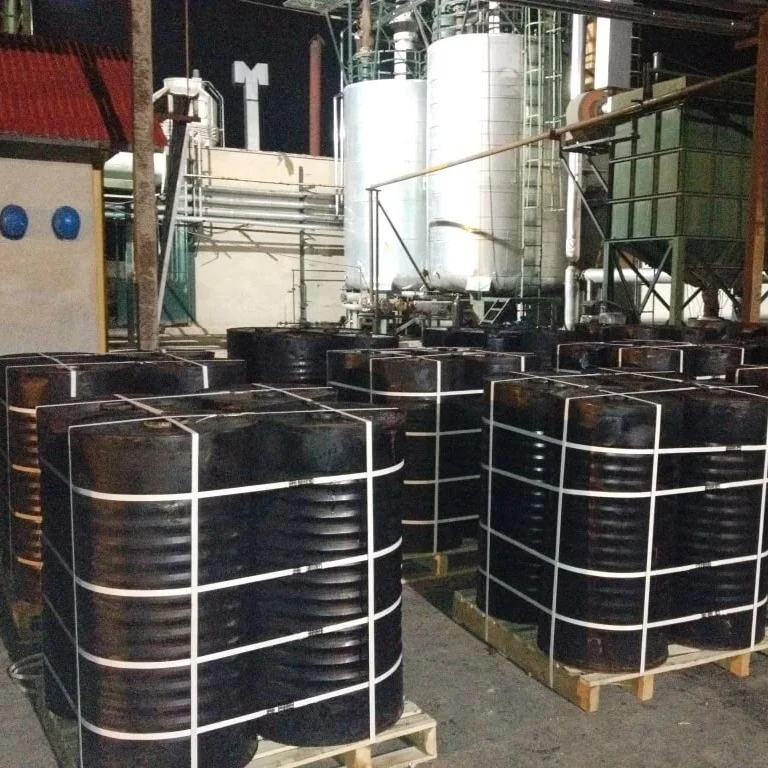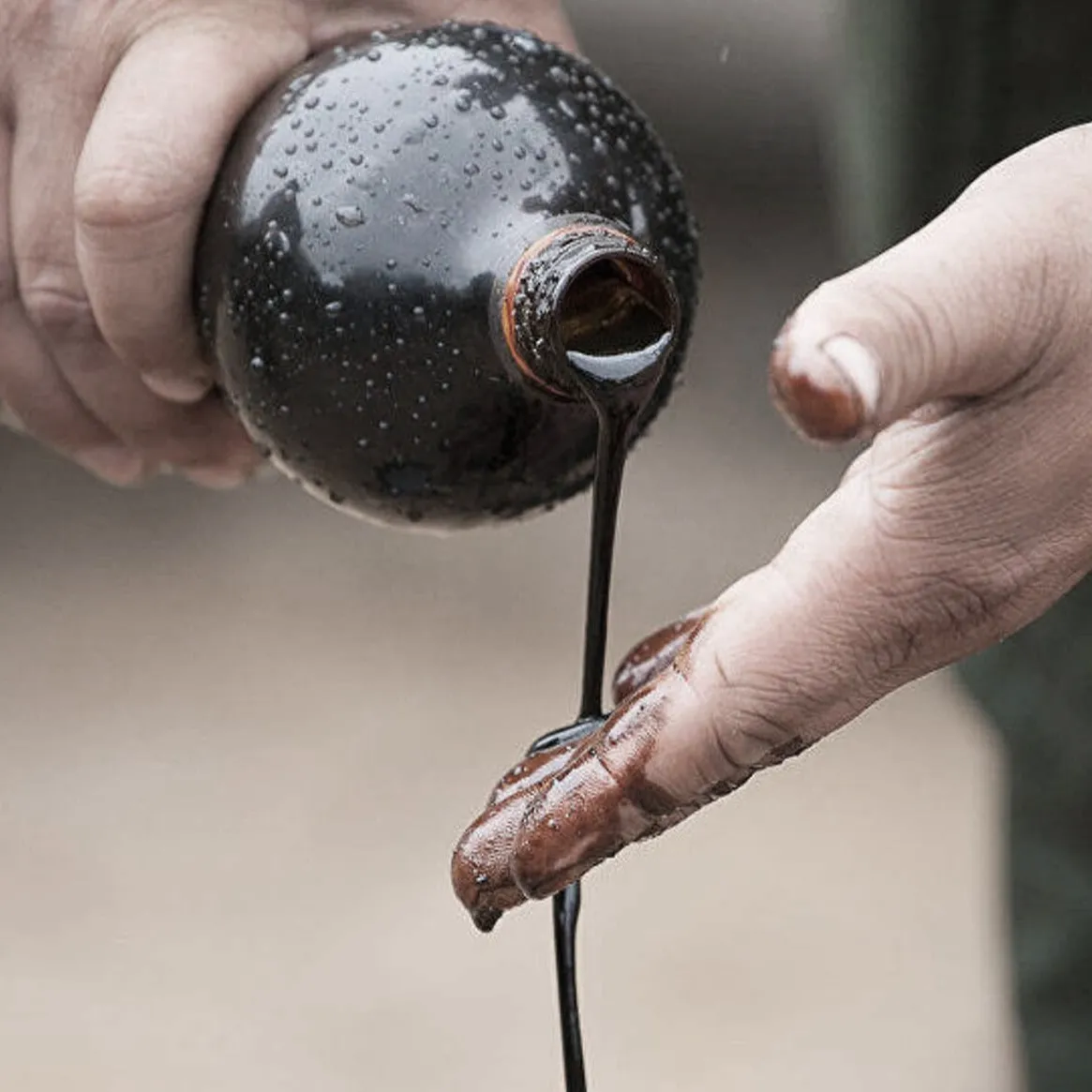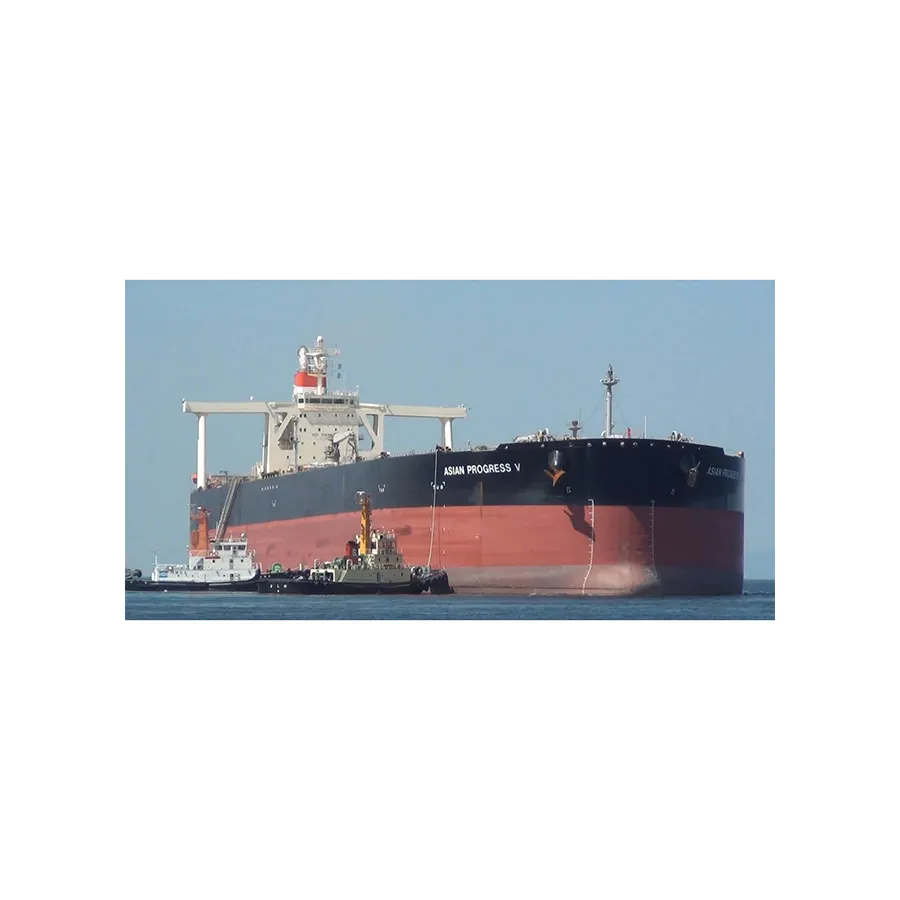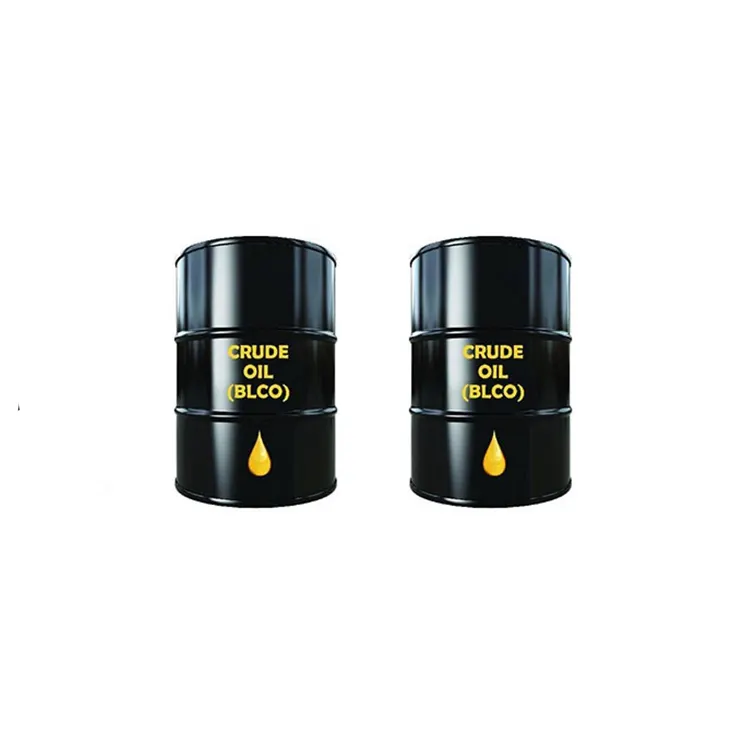Furnace
- Категория: Сырая нефть >>>
- Поставщик: Garant Oil [Ukraine]Garant Oil [Ukraine]Garant Oil
Поделиться:
Описание и отзывы
Трекер стоимости
| Месяц | Минимальная цена | Макс. стоимость |
|---|---|---|
| Sep-16-2025 | 16136.93 $* | 16943.81 $* |
| Aug-16-2025 | 16001.87 $* | 16801.64 $* |
| Jul-16-2025 | 13424.85 $* | 14095.45 $* |
| Jun-16-2025 | 15730.62 $* | 16517.56 $* |
| May-16-2025 | 13696.46 $* | 14381.85 $* |
| Apr-16-2025 | 15458.56 $* | 16231.75 $* |
| Mar-16-2025 | 15323.79 $* | 16089.34 $* |
| Feb-16-2025 | 15187.45 $* | 15946.88 $* |
| Jan-16-2025 | 15052.27 $* | 15805.99 $* |
Характеристики
Our Russian company, Based in Moscow, dealing in many type of oil, from many years, we are dealing in all type of energy and lubricant product, produced in Russia. We can provide, any quantity of below grades, also many other type of oil, and oil /refinery, products. We can supply, any quantity, in any packing, with your brand name, in retail packing, or in bulk packing, or full load. Products are purchased from refineries directly or via our localy owned companies. The most important geographical sources of product are Russia and Belorussia.
OUR SUPPLIER IS open to receive real inquiries of end buyers, buyer mandates or serious brokers which have interest on the deals and professional attitude. Please be advised that we work hard to arrange the best deals for both parties involved, seller and buyer, brokers will be commissioned as well but, we will not waste time selling dreams for unprofessional brokers. We are able to guarantee our buyers availability of products, quality and on time deliveries, because of our direct refineries' contracts. The prices we are able to offer are amongst the best available on the market.
DEFINITION:
A dark viscous residual fuel obtained by blending mainly heavier components from crude distillation unit, short residue and clarified oil from fluidized catalytic cracker unit.
NOMENCLATURE
Bunker fuel, furnace oil, Fuel oil are other names for the same product. Though Fuel oil is a general term applied to any oil used for generation of power or heat, Fuel oil can included distillates and blends of distillates and residue such as Light Diesel Oil.
SPECIFICATION
Furnace oil in the current marketing range meets Bureau of Indian Standards Specification IS: 1593 - 1982 for fuel oils, grade MV2.
VISCOSITY
Viscosity is the most important characteristic in the furnace oil specification. It influences the degree of pre-heat required for handling, storage and satisfactory atomization. If the oil is too viscous it may become difficult to pump, burner may be hard to light and operation may be erratic. Poor atomization may result in the carbon deposits on the burner tips or on the walls. The upper viscosity limit for furnace oil is such that it can be handled without heating in the storage tank is excepting under server cold conditions. Pre-heating is necessary for proper atomization.
FLASH POINT
As per the Controller of Explosives classification, Furnace oil falls in the class "C" category with minimum flash point standard of 66 deg. C. Since Penskey Martens Closed Cup method is used, it is apparent that a small quantity of low boiling point hydrocarbons is sufficient to lower the flash point drastically.

SPECIFICATION FOR FURNACE OIL-IS 1448
specified in the standard.
SEDIMENT
Furnace oil being a blend of residues contains some quantity of sediments. These have adverse effect on the burners and cause blockage of filters etc. However, the typical values are normally much lower than the stipulated value of maximum 0.25 percent, by mass.
ASH
Ash is incombustible component of the furnace oil and is expressed as a percentage mass of the furnace oil sample. Ash consists of extraneous solids, residues of organometallic compounds in solution and salts dissolved in water present in the fuel. These salts may be compounds of sodium, vanadium, calcium magnesium, silicon, iron etc.
Ash has erosive effect on the burner tips, causes damage to the refractories at high temperatures and gives rise to high temperature corrosion and fouling of equipments.
SULPHUR
Sulphur determination includes burning of known quantity of oil, treating the sulphur oxidation products formed during combustion and weighing of sulphur in the form of sulphate.
The sulphur di oxide may come in direct contact with the product during the combustion process and may create adverse quality effects in the product.
CALORIFIC VALUE
Calorific value of a fuel is the quantity of heat generated in kilocalories by complete burning of one kilogram weight of fuel. Gross calorific value is higher than net calorific value to the extent of heat required to change water formed by combustion into water vapours
Похожие товары
Переработка сырой нефти в дизельное дистилляционное оборудование
BBL Лучшая цена, Высококачественная Сырая нефть Bonny
Данные ресурс не является интернет-магазином, а лишь содержит ссылки на международную торговую площадку Alibaba.com







